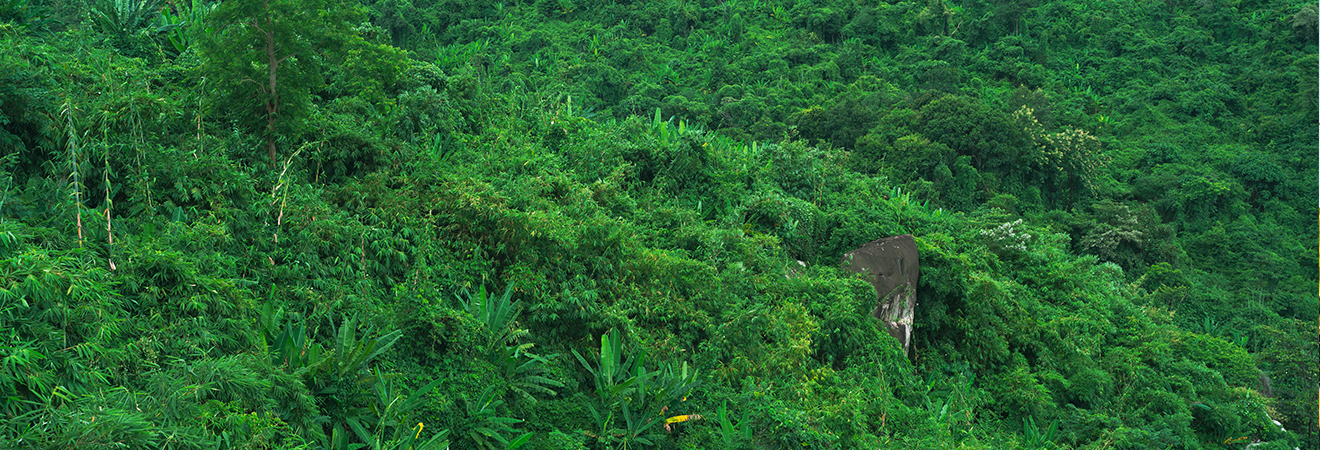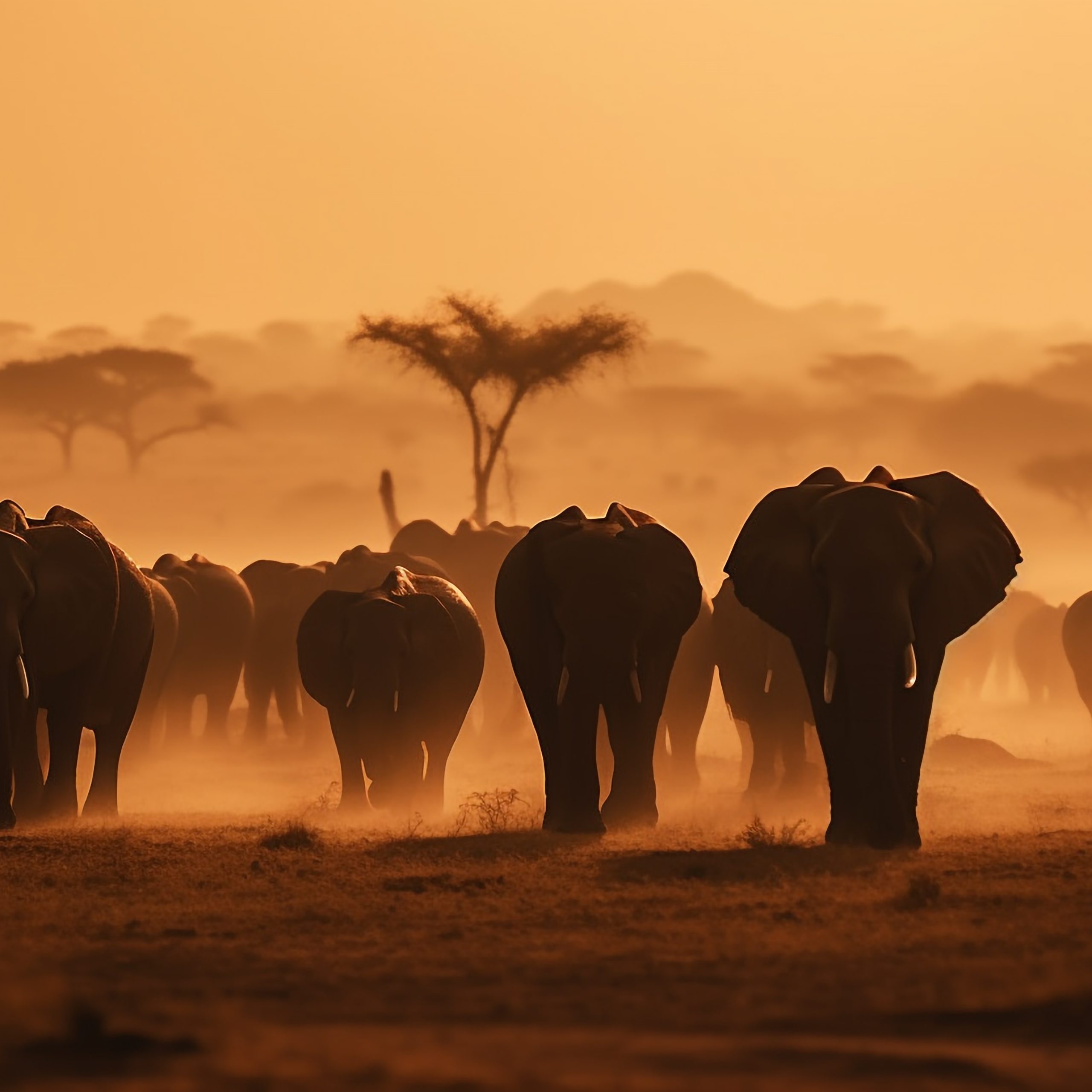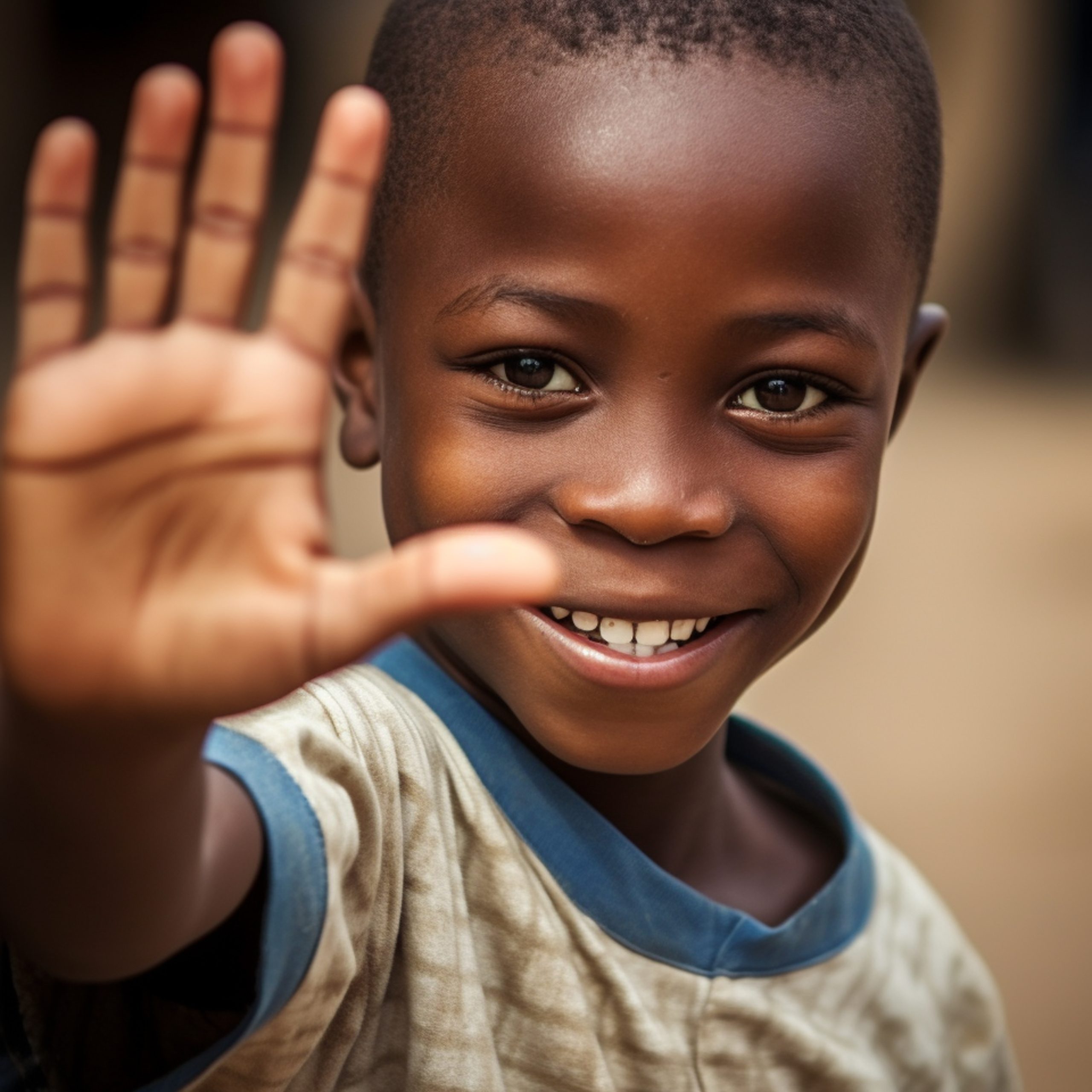Navitaging Climate Justice : : Cop-28 and the Future of DRC as a Solution country AND Africa’s Climate change burden
The recently concluded COP-28 in the United Arab Emirates marked a significant step in the global fight against climate change, bringing together nations, activists, and stakeholders to address the urgent need for environmental action. As the largest UN conference to date, COP-28 aimed to tackle the escalating challenges posed by climate change, with a focus on transparency, accountability, and global cooperation. While the outcomes of COP-28 offer hope for a more sustainable future, the impact on third-world countries, particularly in Africa, requires careful analysis and consideration.
Africa, often regarded as the continent with immense potential yet grappling with poverty, infrastructure challenges, and political instability, is disproportionately affected by the adverse effects of climate change. The United Nations reports highlight that African nations, though contributing the least to global emissions, endure the most climate-related disasters, including droughts, floods, and extreme temperatures.
In this context, the Democratic Republic of Congo (DRC), often referred to as the “lung of the planet” due to its vast rainforests and biodiversity, is adversely affected. These forests not only harbor rich biodiversity but also play a crucial role in regulating the global climate. However, the people of the DRC find themselves caught in a paradox. While their country is an environmental treasure, they endure the consequences of decisions and pollution originating from first-world countries that have historically prioritized development over environmental sustainability for future generations. Africa, the second largest continent, with a rich, un-spoilt Biodiversity, must have a major presence and seat in all Climate Change platforms. It is important to preserve what we have, whilst we collectively work towards restoring the damage that Humans have done to the Planet.

The positive outcomes of COP-28 hold promise for the DRC and Africa, especially in addressing the pressing issues they face:
One of the key achievements of COP-28 was the operationalization of the Loss and Damage Fund. The Loss and Damage Fund, though symbolically significant, received pledges amounting to less than $1 billion, falling short of addressing the real financial needs. Adequate funding is crucial to support vulnerable nations in coping with the adverse impacts of climate change. For the DRC, this represents an opportunity to access much-needed financial support to cope with the impacts of climate change. The transparent distribution of these funds, as advocated by the DRC, could ensure that those who have impacted the planet less receive the necessary resources to adapt and recover.
Furthermore, the emphasis on protecting ecosystems and biodiversity aligns with the DRC’s commitment to safeguard its natural heritage. With the rainforests under threat from deforestation and climate change, global cooperation is essential in preserving these vital ecosystems. As the DRC envisions its future, there is a clear commitment to embracing sustainable development practices. This stands in contrast to the historical development trajectories of first-world countries, emphasizing responsible and environmentally conscious approaches to growth.

Moreover, The DRC, cognizant of its role as a global environmental steward, seeks to develop its nation responsibly. This includes a commitment to sustainable practices that prioritize both economic progress and environmental preservation for a more progressed society. The country recognizes the need to balance development with the preservation of its unique ecosystems and biodiversity. Furthermore, the DRC asserts its autonomy in determining the course of its development, rejecting a one-size-fits-all approach imposed by first-world countries. The nation advocates for the right to define its path, free from external interference that may prioritize profit over sustainability.
In addition, African nations, including the DRC, demand climate justice. This means recognizing historical imbalances and the disproportionate impact of climate change on the continent. As the global community moves forward, it is crucial to acknowledge Africa’s agency in determining its future, embracing sustainable practices, and rejecting ruthless capitalist models that prioritize profit over people and the planet. Over and above that, one of the major achievements of the DRC was obtaining a fund of 62 million US dollars from polluting countries during COP-28. This fund will be used to strengthen the country’s new climate economy. For the first time, a country from the South was able to negotiate the terms, objectives, and standards of access to a fund of this scale. This demonstrates recognition of the DRC’s efforts in protecting the environment.
The African and Development Bank and its partners mobilized over $175 million for the Alliance for Green Infrastructure in Africa (AGIA) to help advance the program toward its first close of $500 million of early-stage project preparation and development capital during this global event. COP-28 serves as a critical juncture for Africa to assert its place in global climate discussions. The positive outcomes provide a foundation for cooperation, but the real impact lies in the continued commitment of the international community to support African nations in their pursuit of sustainable development.
The outcomes of COP-28 present a ray of hope for the DRC and Africa. The emphasis on financial support, biodiversity protection, and sustainable development aligns with the aspirations of these nations. As the DRC navigates its path forward, it stands as a testament to the resilience and determination of African nations to develop responsibly, on their terms, and for the benefit of the entire Planet. The global community must respect and support these aspirations for a more just and sustainable future.



